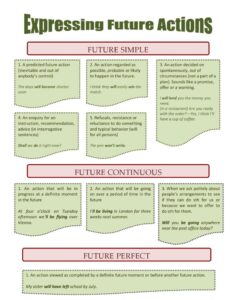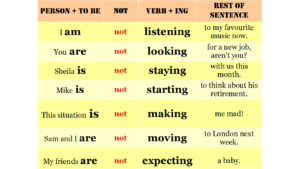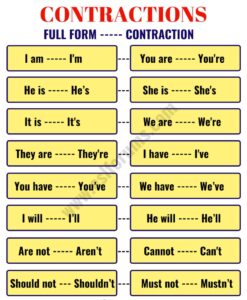Back to: English Language Primary 3
Welcome to class!
In today’s class, expressing future actions in the negative. This is where we’ll learn how to form negative sentences when talking about actions that will happen in the future. It’s an important skill for expressing plans and intentions clearly.
Expressing Future Action in the Negative

Today, we’ll focus on expressing future actions in the negative form. Just as fortune tellers can predict what’s not in the stars, you’ll learn how to say what won’t be happening in the future. Ready to become masters of negating future actions? Let’s start this visionary journey together!
Forming Negative Sentences:

To express future actions in the negative, we often use the word “not.” For example:
“We will not be going to church next Sunday.”
Question: “Mummy, will we eat rice today?”
Answer: “No, we will not.”
Contractions:

In everyday speech, we often use contractions to make negative sentences more concise. For example:
“We won’t be going to church next Sunday.”
I want you to create scenarios where you discuss future actions in the negative. For instance:
“We won’t have a picnic if it rains tomorrow.”
In today’s class, we explored the skill of forming negative sentences when discussing actions that will happen in the future. This involves using “not” to indicate that something won’t occur. We also touched on the use of contractions for more concise communication. This skill is valuable for expressing clear intentions and plans about what won’t be happening in the days to come.
Evaluation and Questions:
Why is it important to express future actions in the negative? Can you think of other scenarios where you would use negation to talk about future plans?
Weekend Assignment:
Over the weekend, challenge yourself to have conversations or create sentences about future actions in the negative form. It’s like predicting what won’t be on your agenda!
We have come to the end of today’s class. I hope you enjoyed the class!
In the next class, we shall be discussing how to use Past Continuous Tense. Present perfect using- ed and – en ending.
In case you require further assistance or have any questions, feel free to ask in the comment section below, and trust us to respond as soon as possible. Cheers!
